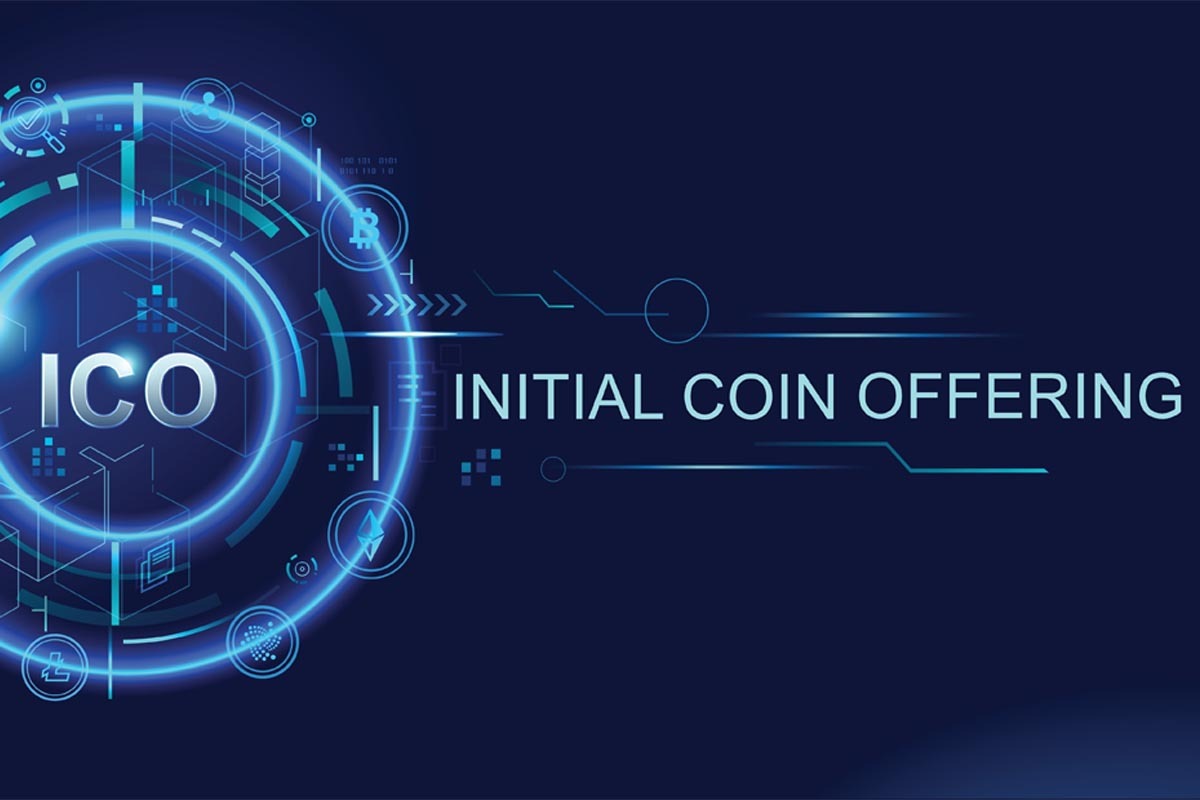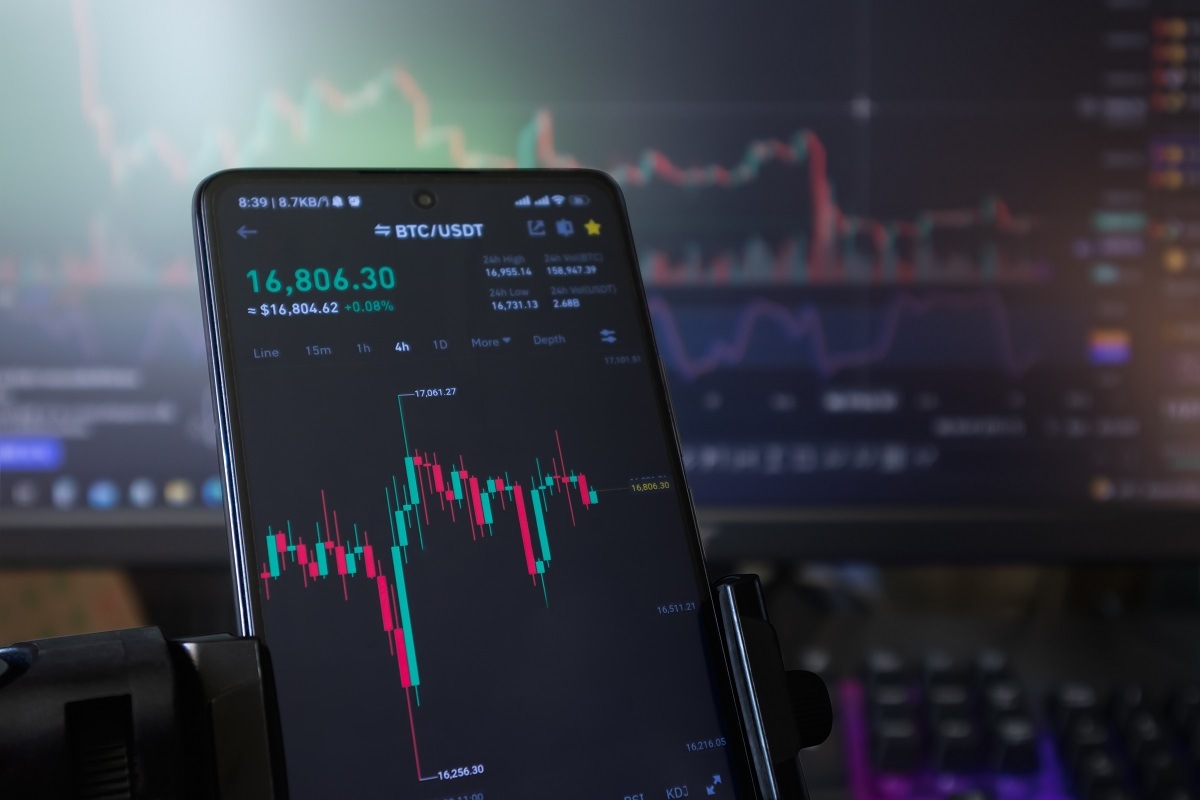Artificial Intelligence is no longer a virtual concept or a figment of a film writer’s imagination. From being just a unique concept, AI today plays a major role in the healthcare sector. Today automated eye scans and faster drug development is being augmented by AI. Some platforms have also analyzed the cries of newborn babies to compartmentalize parental care. Although AI is an algorithm powered predictive model, its perfection and accuracy is bound to increase with time.
At a recent conference in Switzerland, the major focus was on the power of AI to leverage the development of drugs, personalized medical attention and help in diagnostics, especially in countries where there is a severe shortage of good healthcare facilities. There are two major hindrances which is preventing the massive adoption of AI in the healthcare industry:
- The misalignment of AI when it is being integrated with the healthcare industry
- Lack of quality digital data which can be digested by the framework existing with AI (According to the estimates of WHO, only 20% of the world’s medical data is stored in a retrievable format for AI)
With the growing world population, a lot of pressure is being put on the doctors. To be honest, there are not so many doctors around who would actually be able to meet the requirements with perfection. Medical companies are coming up with symptom checker apps accessible through mobile phones. These apps are designed to assist patients with self assessment and recovery in case the ailment is minor. Take for example a common cold or a viral fever which can be easily treated with a dose of analgesics. If such patients end up queuing up in the local dispensary, they would block the way for patients who need better care and attention.
UK’s National Health Service App, GP @ hand caused a major strife when its maker company Babylon claimed that the app was as good as a physician. This is a rather controversial statement considering the fact that an app can never replace the acumen of a qualified doctor. The medical apps are playing a vital role in helping docs filter patients based on urgency. According to Dr Hadras Bitran, the head of Healthcare Microsoft Israel, the health apps and AI are more of a support tool which would assist the doctors and patients alike to reduce unnecessary interactions.
Microsoft has also developed its own chat bot which works on a set of prefer information from trusted third party sources. The readers should understand that the smartness of AI depends on the Algorithms designed with symptoms and solutions based on thousands of personal medical information. The mapping is done by comparing the congruency of medical reports. Thus, sharing of personal medical records is a vital aspect of empowering AIs in healthcare.
AI and health apps can play a vital in prenatal or neonatal care. The WHO has estimated that an approximate 830 women die every day around the world. The maximum number of women belongs to the Sub Saharan region. The frequency of readily available healthcare is very low in these regions and sometimes women have to walk as long as 30 kilometers to access one! Smart phones and AI powered health apps have the capability to minimize the mortality rate of expecting women on a global scale. AI powered healthcare apps can also play an important role in managing common diseases like diabetes, cardiac ailments, renal problems, post cancer treatment recovery, orthopedic problems, pediatric care and a host of other health problems. In the coming years, these platforms would play a vital role in supporting the medical industry.





